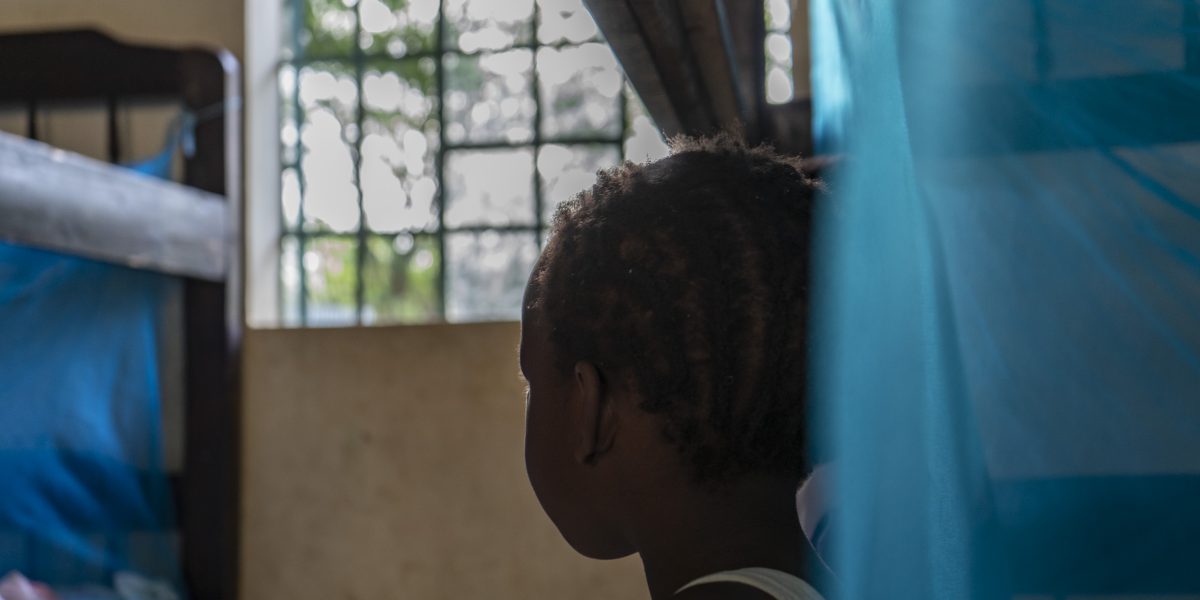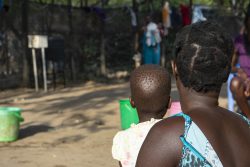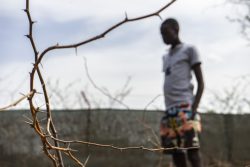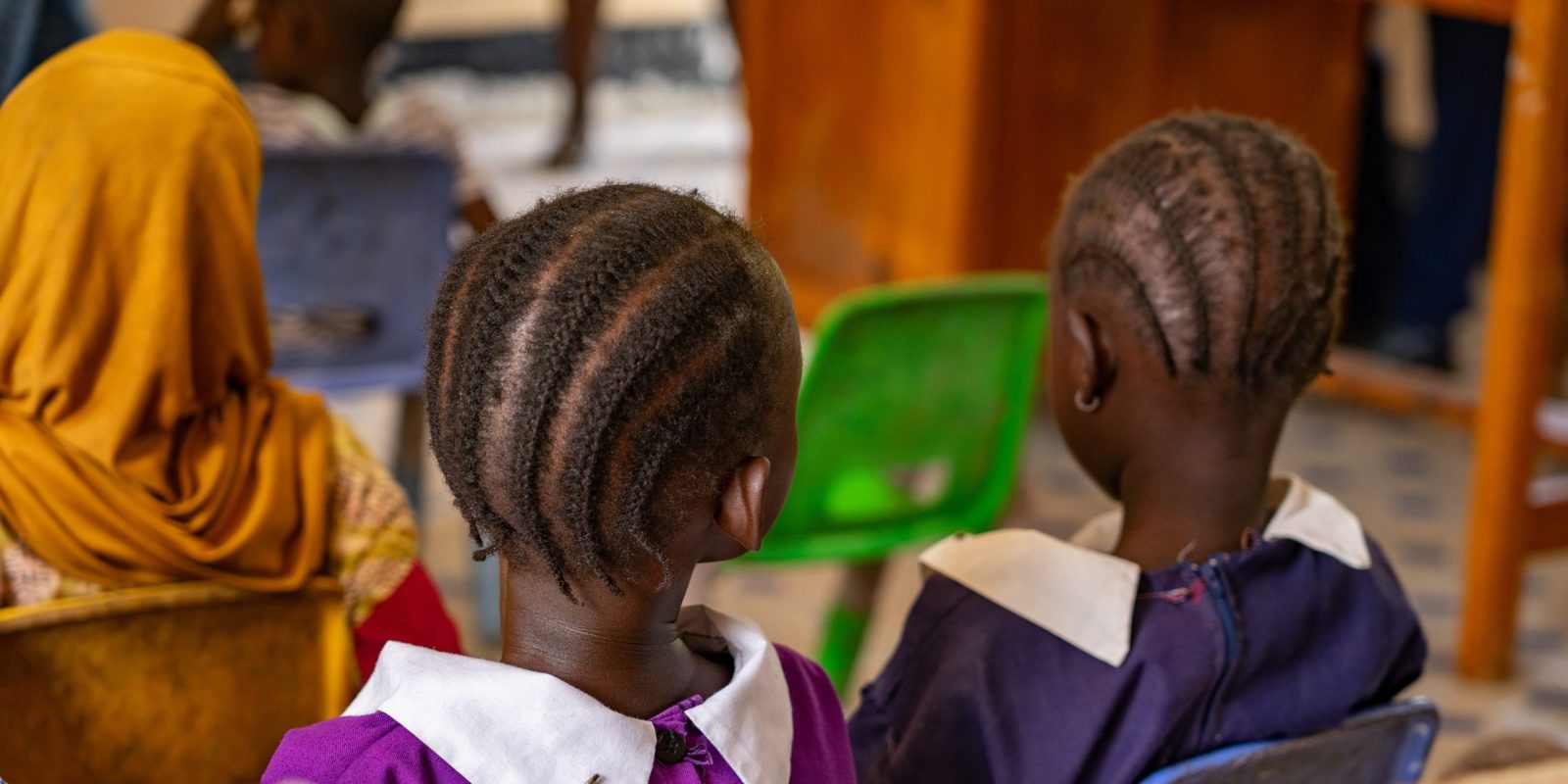Addressing Sexual and Gender-Based Violence Among Refugees
14 July 2025

Refugees, people forced to flee their homes due to conflicts or disasters, encounter numerous challenges as they navigate their new realities. Among the many hurdles they face, Sexual and Gender-Based Violence (SGBV) stands out as a particularly pervasive issue.
In this article, we aim to explore some straightforward ways to provide support to refugees coping with SGBV:
Understanding SGBV:
SGBV includes harmful actions based on gender, like physical or sexual abuse. Refugees may be more vulnerable to such acts, making it crucial to address these issues.
Creating Safe Spaces:
Making safe places for refugees is essential. These spaces offer protection and support, helping them feel secure and seek assistance if they experience SGBV.
Legal Protections:
Ensure refugees are aware of their legal rights and protections. Legal frameworks should be in place to prosecute those responsible for SGBV, providing justice for survivors.

Gender Equality Programs:
Implement programs promoting gender equality within refugee communities. Educate both men and women on the importance of respecting each other’s rights and fostering a culture of equality.
Providing Support:
Refugees dealing with SGBV need emotional help. Psychosocial support, which includes counseling and community programs, plays a key role in helping them cope with the challenges they face.
Livelihood Opportunities:
Offer opportunities for refugees to build sustainable livelihoods. Economic empowerment can enhance independence, reducing vulnerabilities that may lead to SGBV.
Preventing SGBV:
It’s crucial to prevent SGBV before it happens. Education programs, community awareness, and training can help refugees understand their rights and how to protect themselves and others.
Media and Advocacy:
Utilize media platforms to raise awareness about SGBV among refugees. Engage in advocacy efforts to garner support, both locally and globally, for policies addressing the issue.

Collaborative Efforts:
NGOs (Non-Governmental Organizations), governments, and international groups should work together. By combining resources and expertise, we can better address the unique challenges faced by refugees dealing with SGBV.
Supporting refugees facing SGBV requires creating safe spaces, offering emotional assistance, preventing future incidents, and collaborating on a global scale. Together, we can make a positive impact on the lives of those who have already faced so much hardship.



